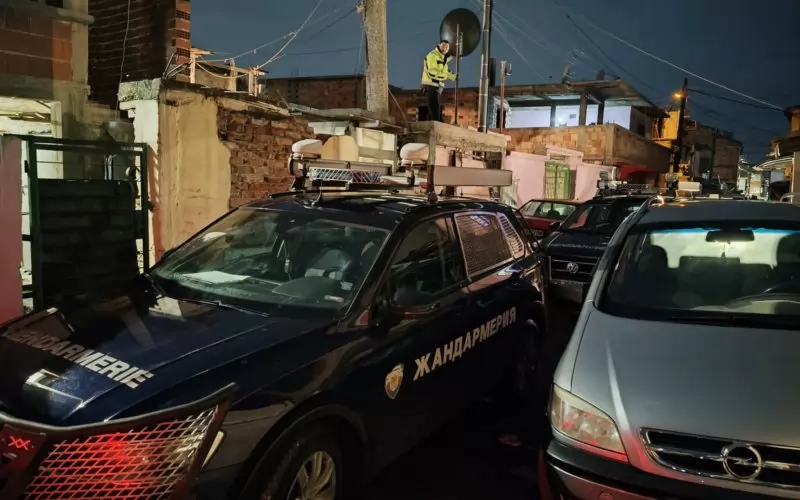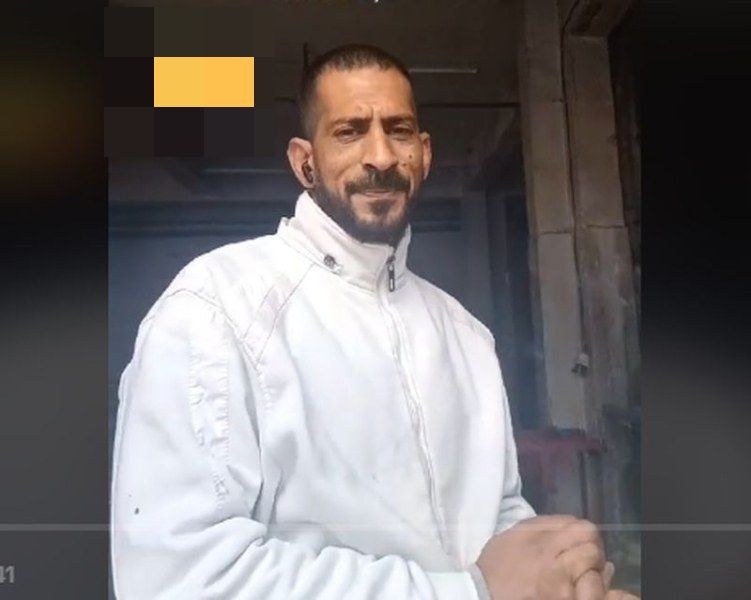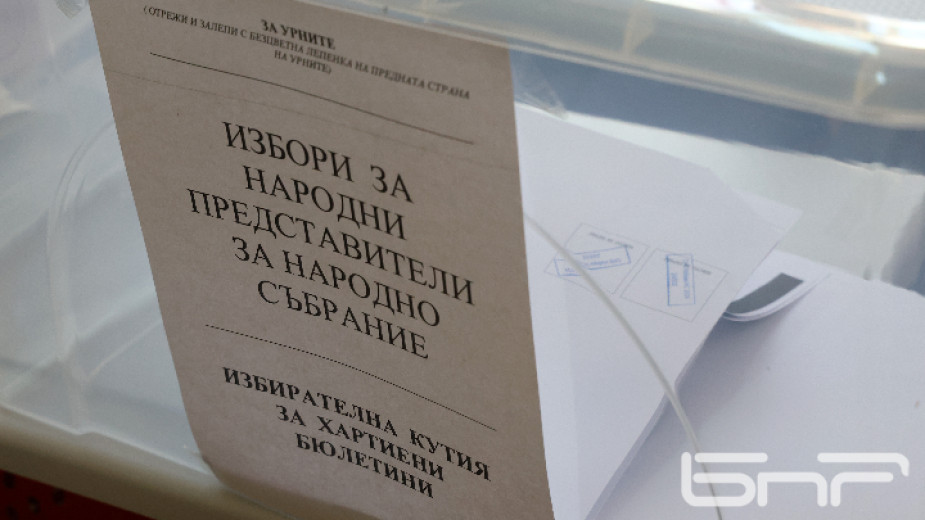The current, fourth Roma status report on the district of Neukölln comes to a sober finding regarding the social integration of Rroma. Members of the minority are exposed to abuse and exploitation, the study concludes. Many are said to work for dumping wages as cleaners and under inadequate working conditions in the building sector. In addition, they are exposed to exploitation in the housing market through the rental of junk properties to unreasonable prices: “People attracted to Neukölln, mainly come from precarious conditions into precarious conditions”, says the study. Nationwide averages of highly skilled migrants from Romania and Bulgaria are not very helpful, when one has to decide what to do on the actual site, the authors note critically. […] “Debt and lack of housing” are mentioned as most urgent problems. Around 40 percent of Romanian and Bulgarian immigrants in Neukölln receive social benefits.” The argumentation repeatedly makes use of statistics, which are cited at the same time approvingly for the authentication of receiving social benefits, however perceived critically regarding the proportion of highly skilled immigrants. This reasoning shows that statistical findings can be interpreted in different ways, depending on the need, and this is also done so here. Interesting is also the title of the study as “Rroma Status Report”, as it is explained that the vast majority of immigrants are Romanians and Bulgarians. This finding is important because in German statistics ethnicity is not captured. Rroma politicians like Romeo Franz argue the exact opposite: only just 10% of Romanian and Bulgarian immigrants are Rroma. Nevertheless, the problems described should not to be negated. It is important to address them. However, it is very problematic to identify them as specific “Rroma issues”. Thereby, poverty problems are ethnicized (see Flatau 2014, Lombard 2014, Vogt 2014).
The district councillor of Neukölln, Franziska Giffey, notes critically that it is not the high- skilled immigrants who are coming to Neukölln, but mostly poorly educated immigrants, who are marginalized in their countries of origin. To foster their successful integration, more funding is needed: “There are various measures that should be implemented, but in reality we are missing financial resources and personnel”, said the SPD politician. Only 500,000 Euros for language and cultural mediators were allocated, which should then be inplace throughout the city – far too little, Giffey thinks. “Of course, in a 3 1/2-million city, leaving out the fact that we have over 10,000 Romanians and Bulgarians Roma alone here in Neukölln, with such numbers and sizes there is of course not a lot you can do.” Regarding the promtion of integration, the politician is absolutely right that combating nuisances contributes nothing to improve the situations. However, also here the dictum applies that the problems should not be treated as specific Rroma-problems (compare Runfunk Berlin Brandenburg 2014).
- Flatau, Sabine (2014) Putzen für Dumpinglöhne auf Fashion Week. In: Die Welt online vom 14.5.2014. http://www.welt.de/print/welt_kompakt/berlin/article127973671/Putzen-fuer-Dumpingloehne-auf-Fashion-Week.html
- Lombard, Jérôme (2014) Es geht langsam voran. In: Neues Deutschland online vom 14.5.2014. http://www.neues-deutschland.de/artikel/932867.es-geht-langsam-voran.html
- Rundfunk Berlin Brandenburg (2014) Neukölln fordert höhere Roma-Fördermittel. In: Rundfunk Berlin Brandenburg online vom 12.5.2014. http://www.rbb-online.de/politik/beitrag/2014/05/neukoelln-fordert-hoehere-roma-foerdermittel.html
- Vogt, Sylvia (2014) Statusbericht belegt Missstände und Ausbeutung. In: Der Tagesspiegel online vom 14.5.2014. http://www.tagesspiegel.de/berlin/roma-in-neukoelln-statusbericht-belegt-missstaende-und-ausbeutung/9892996.html







